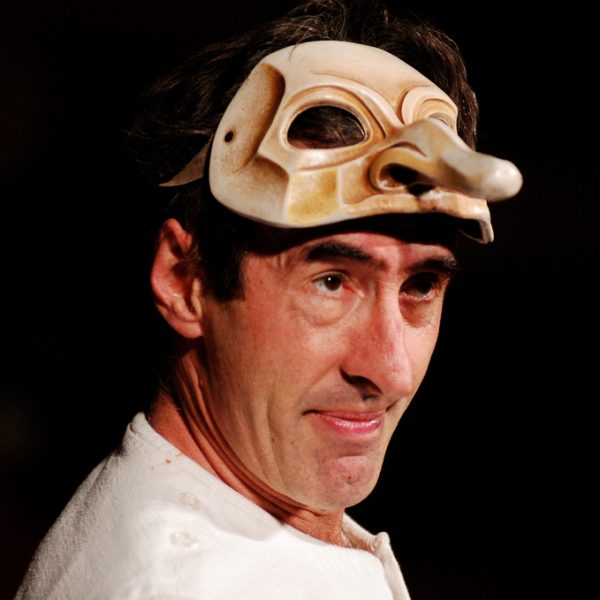Enrico Bonavera

Enrico Bonavera, a student of Ferruccio Soleri with a background in experimental theatre at the Teatro di Ricerca (E. Barba and J. Grotowski), has been performing on stage for more than three decades. From 1987 to 1990 and then from 2000 until today, he played the role of Brighella and Arlecchino in Giorgio Strehler’s brilliant production Servitore di due padroni at the Piccolo Teatro di Milano. He toured around the world with that masterpiece, including Europe, the USA and Canada, South America (Chile, Brazil, Ecuador), North Africa (Algeria, Egypt), and Asia (Japan, China).
He has worked with many resident companies and independent theatres, as well as theatre companies. As an actor, he has been directed by Strehler, Lassalle, Sciaccaluga, Amelio, Battistoni, Sciaccaluga, Boso, Kerbrat, Friedel, Hertnagl, Gallione, Conte, Emiliani, Bartoli, Maifredi, Zecca. He has been collaborating as a teacher with the Scuola del Teatro Stabile di Genova since 1990. He has taught at the ENSATT in Lyon, at the European Summer School in S. Miniato, Pisa, at the Corsi di Formazione of the Teatro del Veneto, at the Centro Maschere in Abano Terme, directed by D. Sartori et al. Since 2004 he is adjunct professor at the DAMS of the University of Genoa. He has organized workshops at the University ‘La Sapienza’ in Rome, at the University of Rio de Janeiro, at the University of Oslo, at the HKPA in Hong Kong, and at the Summer Campus of the New York University in Florence. He collaborates as a trainer with the Accademia di Commedia dell’Arte of Piccolo Teatro di Milano, directed by F. Soleri, at the Shapkin Theatre School in Moscow. In 1996 he won the supporting role award at the Borgio Verezzi Festival for his performance as Arlecchino in C. Goldoni I due gemelli veneziani. In 2007 he was honoured with the “Golden Arlequin” in Mantova – European City of Theatre, an award previously bestowed to Marcel Marceau, Dario Fo, Ferruccio Soleri, and Carolyn Carlson.
WORKSHOP
Aristophanes and Democracy
Cycle B: 18 July – 1 August
From Thomas Moore to Tommaso Campanella, the idea of the ideal city has traversed the ages. Revisiting Aristophanes’ The Birds is an attempt to come in contact with this dream yet again, especially at a time when the concept of democracy clashes with individual ethics, and the Polis as a microcosm of harmony and justice is in crisis.
It is in the ideal world of the birds, far away from human problems and free from the arrogant laws of the gods, that Aristophanes plunges his two protagonists. The two characters escape from a city full of conflict and chaos, searching for a new Polis.
A number of characters follow these two clowns; human or divinely anthropomorphic, these characters represent a parasitic world, a variegated Vaudeville carousel.
The Birds therefore proposes itself as a workbench for an extremely wide creative research, encompassing a number of things from the exercises on the Choir – with the possibility of transforming the Coryphaeus into Chorus and vice versa – to the study and invention of the different human and divine characters.
The modes of the comic theatre will be examined; all those modalities that since Aristophanes, and through Menander, Plautus and Terence, in Latinity have led to the Commedia dell ‘Arte: the study of comic timing, the structuring of gags, the micro-dramaturgical relationship between the characters. In addition to the training exercises of the working group, the workshop provides ‘plastic’ studies and physiognomics, exercises on the chorus, study of the main and secondary characters, and practical work on some of the play’s scenes.
Jointly taught with Francesco Origo





